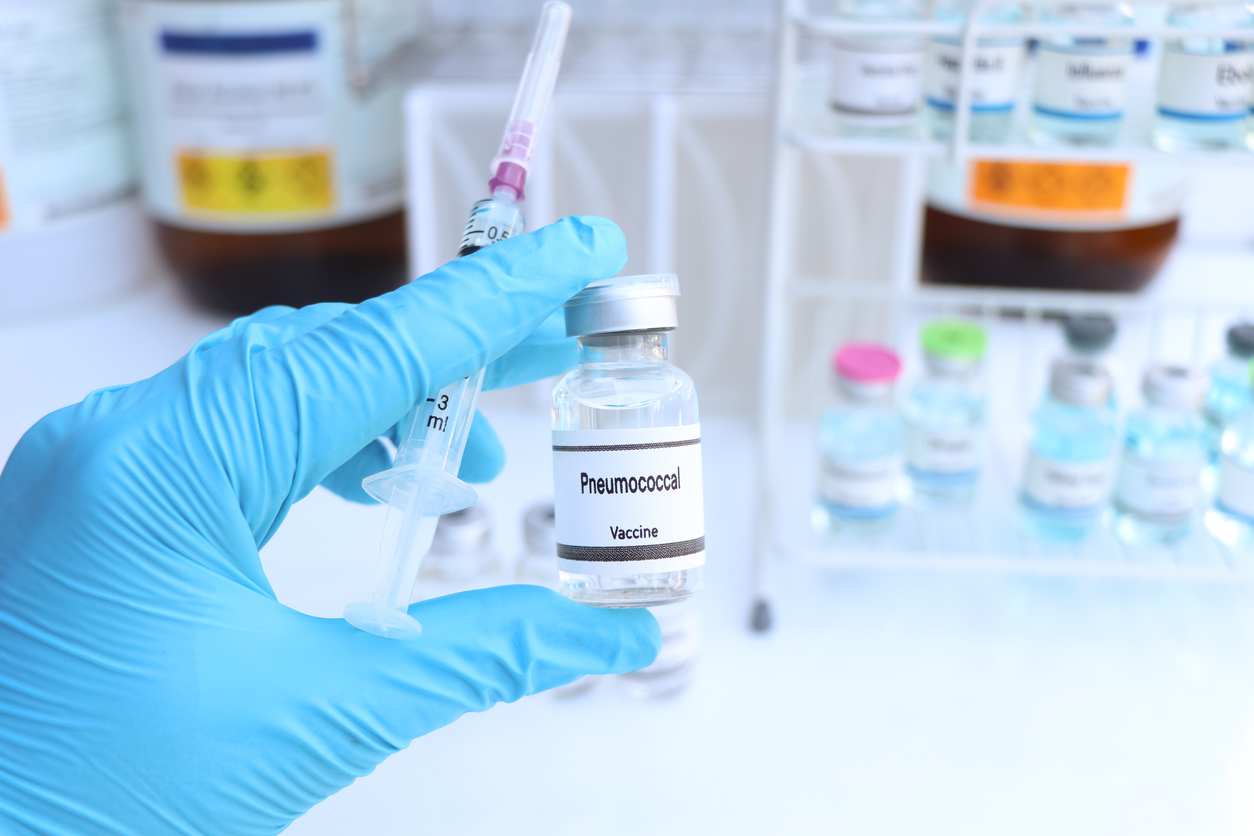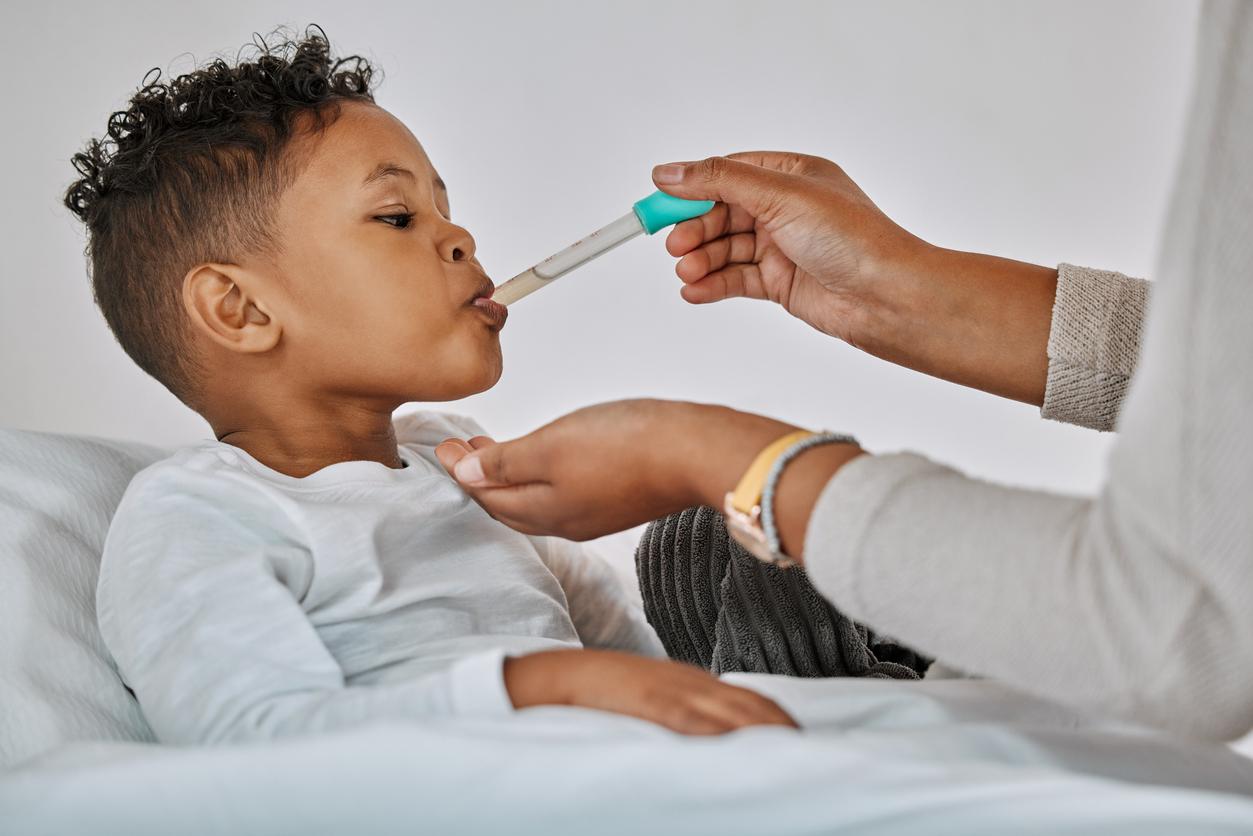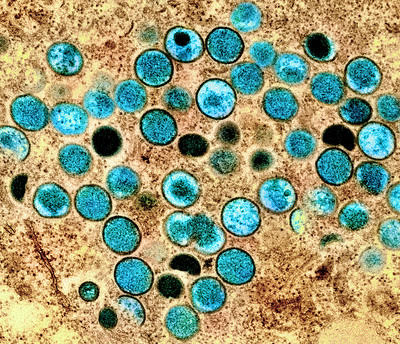In addition to preventing pneumococcal disease, pneumococcal conjugate vaccines (PCVs) are associated with some protection against viral respiratory tract infections (RTIs), according to a systematic literature review published yesterday in the Journal of Infectious Diseases.

The review, conducted by researchers with Pfizer and Belgian research company P95, looked at observational and interventional studies published from 2000 through 2022 on the vaccine efficacy (VE) and overall effect of the PCV7, PCV9, PCV10, or PCV13 vaccines against viral RTIs. Given the synergistic interactions between viral and bacterial pathogens and the hypothesis that the effectiveness of PCVs against all-cause pneumonia might be linked to reduction of viral-associated pneumonia episodes, the researchers wanted to evaluate the evidence on the effects PCV against virus-related RTIs in children and adults.
Of the 16 studies that were included in the final analysis, 13 described the effects of PCVs against viral RTIs in children and 3 included data on adults. In children, data from 4 studies showed VE against influenza ranged from 41% to 86%, except for the 2010-2011 flu season, and a randomized controlled trial showed PCV9 displayed efficacy against any viral RTI, human seasonal coronavirus, parainfluenza, and human metapneumovirus. In adults, PCV13 VE ranged from 4% to 25% against viral lower RTI, 32% to 35% against COVID-19 outcomes, 24% to 51% against human seasonal coronavirus, and 13% to 36% against influenza A lower RTI.
No protection was found against adenovirus or rhinovirus in children or adults.
Broader public health benefits
The study authors say the simplest explanation is that PCVs are preventing pneumococcal-viral coinfections. But they also suggest that the vaccines, by influencing pneumococcal carriage in the upper airway, may modify host susceptibility to viral lower RTIs. They say further research is needed to confirm the findings and to further explore the clinical benefits and broader public health impacts of PCVs at a population level.
They concluded, "If results from studies conducted to date are corroborated, PCV protection against RTIs beyond those due to pneumococci might better capture the full spectrum of public health benefits of PCVs, thereby informing vaccine policymaking and economic evaluations."
















